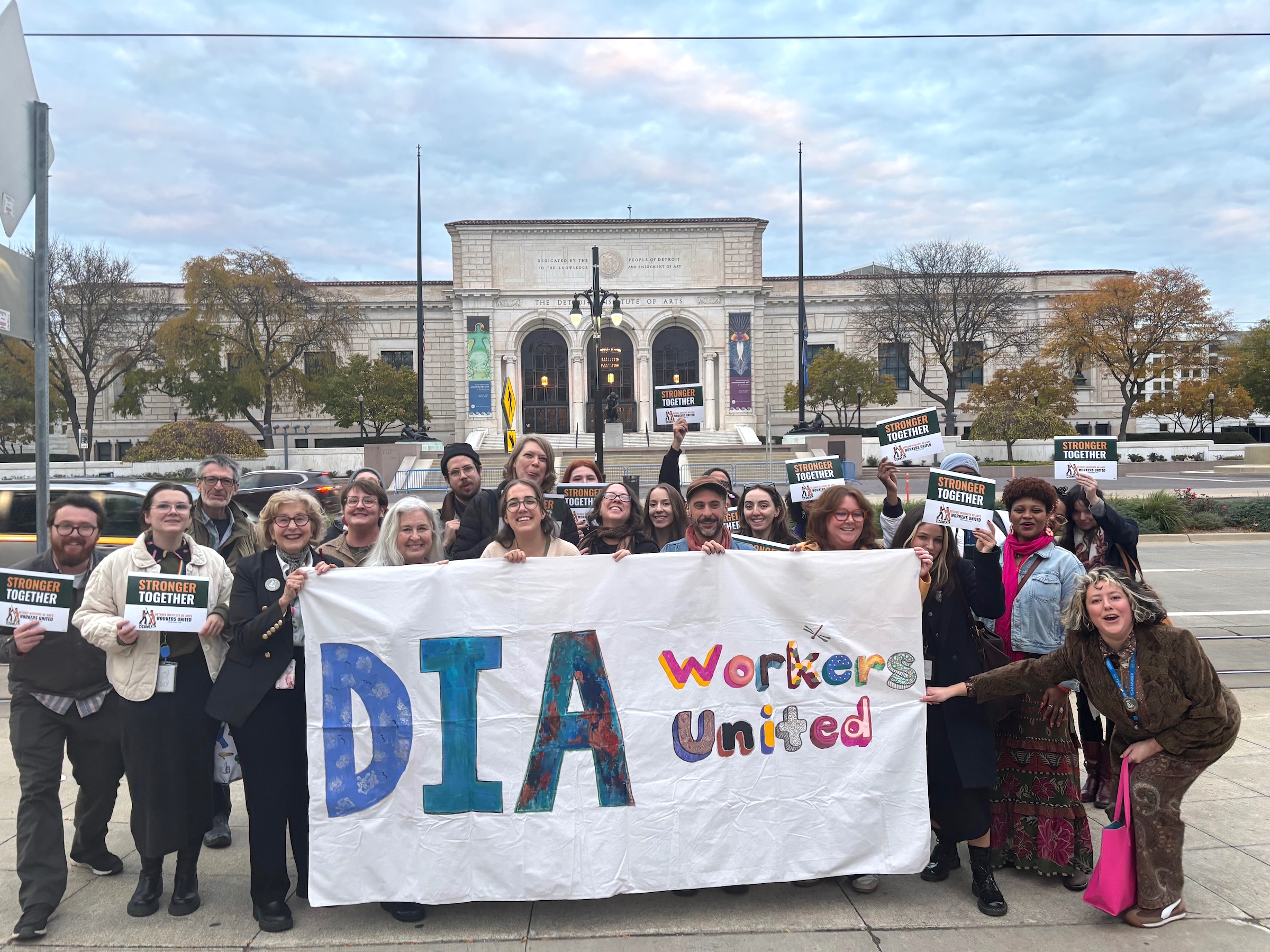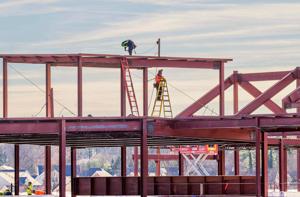BREAKING: Dozens of employees at the Detroit Institute of Arts (DIA) are making headlines this week as they formally announce their push to unionize under the banner of DIA Workers United. This development comes amid a nationwide movement among arts and culture institutions advocating for better working conditions and wages.
On November 4, 2024, the group submitted a letter to museum management requesting voluntary recognition for their union, aligning with the efforts of other cultural workers across the country. A spokesperson for AFSCME Cultural Workers United confirmed to Hyperallergic that the relationship with the museum has been “very positive,” emphasizing that the union represents a “strong majority” that continues to grow.
Sarah Burger, a dedicated preparator at the museum for over 20 years, indicated that discussions surrounding unionization commenced in late 2024. She stressed that nearly every department is now represented, highlighting the collective passion for their work and the pressing need for fair compensation. “Staff are passionate about their work, but they just want to make ends meet,” Burger stated.
As the city of Detroit undergoes significant revitalization, rising rents and housing costs have led many employees to feel financially strained. Burger, a long-time resident, shared her personal struggle: “I have been priced out of two neighborhoods.” While she acknowledged the museum’s growing endowment and stable budget, she pointed out that full-time employees should not have to hold second jobs to sustain their livelihoods.
Currently, the museum’s lowest wage stands at $16.50 per hour, with open positions in visitor experience, security, and retail sales advertised at this rate. Burger criticized the museum for leaving certain roles vacant for over a year, forcing lower-level employees to take on additional responsibilities without appropriate recognition or compensation.
“We don’t want this to be an ‘us versus them’ situation,” Burger emphasized, reflecting on the need for collaboration between the union and museum administration. “We want to negotiate and strike a balance.” She believes that a thriving workforce will lead to a flourishing museum.
As this situation develops, the museum has yet to respond to requests for comment regarding the union’s recognition. The urgency of this movement resonates not only within the museum but across the arts sector, as workers nationwide continue to advocate for their rights.
As the push for unionization escalates at the Detroit Institute of Arts, all eyes will be on the museum’s administration and their response to the demands of their dedicated staff. This critical moment reflects a broader trend in cultural institutions, highlighting the ongoing struggle for equitable treatment in the workforce.







